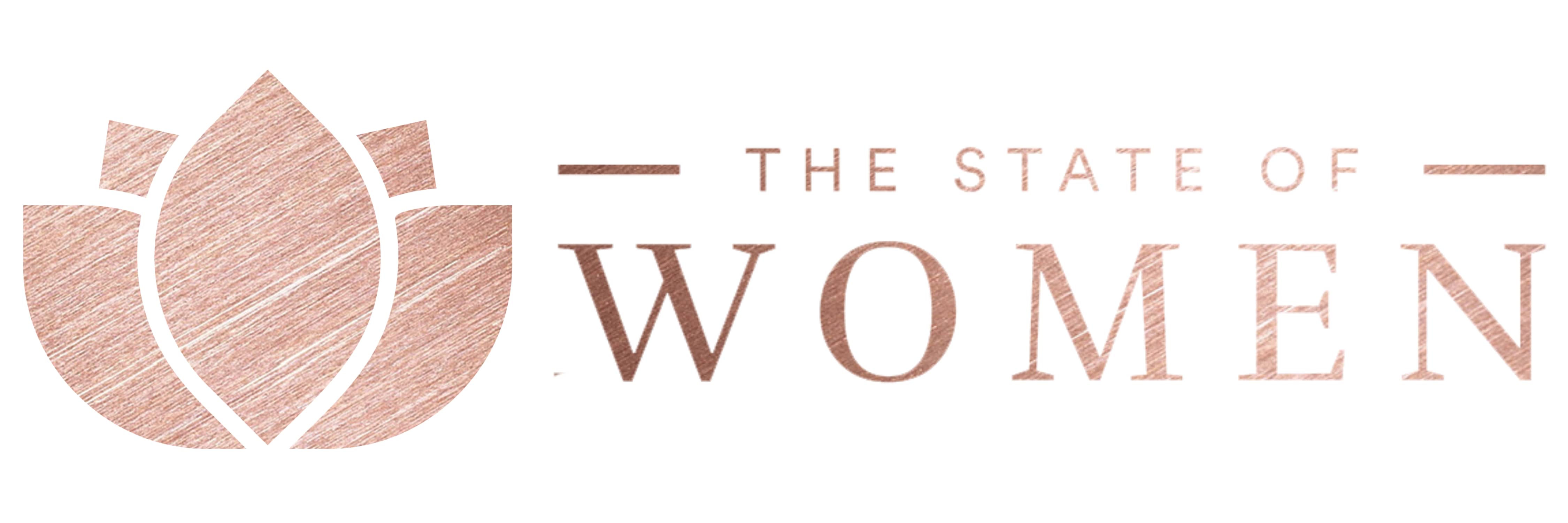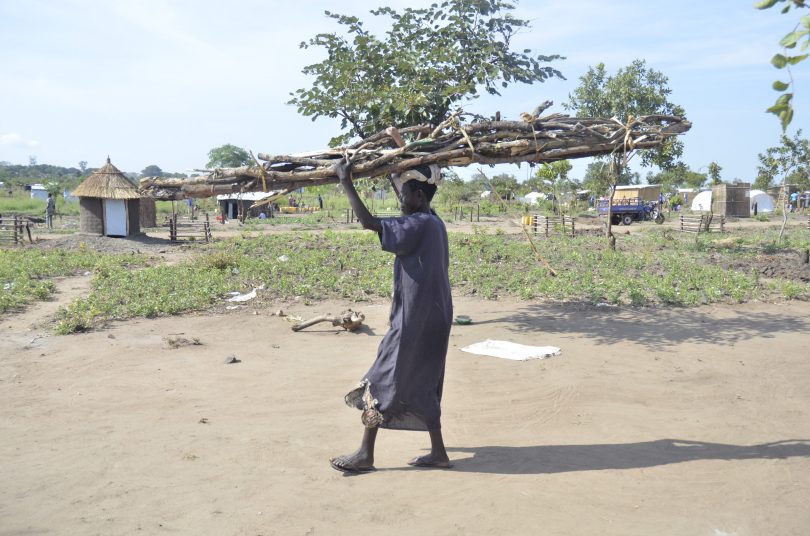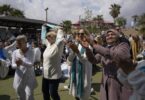This article originally appeared on the Women & Girls Hub of News Deeply, and you can find the original here. For important news about issues that affect women and girls in the developing world, you can sign up to the Women & Girls Hub email list.
By Lorena Ríos
With their husbands fighting in the civil war or struggling to find work, the South Sudanese women staying in Uganda’s refugee camps often find themselves responsible for supporting their families on their own.
ADJUMANI, Uganda – When violence between government and opposition forces broke out in South Sudan’s capital, Juba, in July, Regina fled to Uganda with her husband and their seven children. After a month in the newly established Pagarinya refugee settlement in northern Uganda, her husband left. “My husband went back because there is no work in the camp,” says Regina, 37, sitting surrounded by her children on a Sunday morning in late September. Since his departure, she has not been able to communicate with him and has not received remittances. “I put my faith in God,” she said resolutely.
The recent clashes in Juba sparked an exodus of South Sudanese fleeing into neighboring countries such as Uganda, where three-quarters of the refugees have headed since July – more than 85 percent of them women and children. Poverty, lack of employment and education, and dependency on unreliable food aid only exacerbate the desperate conditions in many settlements. And often, women find themselves coping with these challenges on their own. With their husbands either staying behind in South Sudan to fight or struggling to find work in the refugee camps, many women have to take on the roles of breadwinner and head of the household on top of their traditional responsibilities.
“The majority of people in the settlement picking wood are women,” says Regina. “I go find firewood and sometimes my daughter comes as well.” For Regina, like many other women staying in Pagarinya, collecting wood is a four-hour task, as cutting trees is prohibited inside the settlement. A Ugandan shop overflowing with firewood and timber sits across from her plot, but Regina can’t afford to buy any. If she wants to cook for her family, she has to wake up at 5 a.m. to find firewood.
According to research by Molly Kellogg of the U.N. Women’s Peace and Security team in Uganda, the country’s limited resources for meeting the most basic protection services inside the settlements “compound the burden of violence South Sudanese women refugees bear.” Furthermore, U.N. Women found that in Kiryandongo refugee settlement, 68 percent of women refugees suffer from psychological trauma. “The breakdown of structures, forced displacement of people and separation of families have increased the prevalence of gender-based violence in the refugee settlements,” writes Kellogg in the report, which is not yet published.
Uganda’s progressive policy towards refugees grants them one 98 foot by 98 foot (30m by 30m) plot of land per household. However, this is not enough for women to feed their families and pay for school fees. To make enough to support their families, women often have to work in the fields around the settlements – making as little as 2,000 Ugandan shillings ($0.60) for a full day’s work – and sell a portion of their food rations.
In Ayilo refugee settlement, a few kilometers away from Pagariyna, a group of about 50 women gathers to talk about the trauma brought on by years of war and displacement. Even though most of them have been refugees since civil war broke out in South Sudan in 2013, none of them have yet reached self-reliance. “Our husbands don’t work, they stay at home,” says one of the women in the group. “Men are embarrassed to work in the fields since it is ‘women’s work.’”
The title of “refugee” is only for women, one of them says, to which the group quietly cheers, lamenting the precariousness of life in displacement and the challenges of carrying out their traditional roles as well as the added responsibility of ensuring the survival of their families.
With her husband fighting in South Sudan, Christine, 29, from Western Equatoria, relies on her children to help make ends meet. She has been living in Boroli refugee settlement in Adjumani district with her four children and five foster children since 2014. “My husband doesn’t get a salary,” she says. “He hasn’t earned anything in five months and we don’t have land to cultivate in the settlement.”
To pay for her children’s school fees, Christine sells food rations and works in the fields for about $3 a day. Her children help her pick groundnuts. And still, she can only afford school for one of her children at a time. At the moment, she’s sending her five-year-old son because he is the strongest, she says: “He doesn’t cry as much.”
Back in Pagariyna, Regina sits under the only tree in her plot and watches as people return to their plots after Sunday service. “I want to go to church, but I can’t,” she says. “I have to cook for the children.” Nearby, one of her children, a toddler, is chopping wood, letting the axe fall on a tree branch twice his size.
Reporting for this story was supported by the International Women’s Media Foundation as part of its Africa Great Lakes Initiative.



